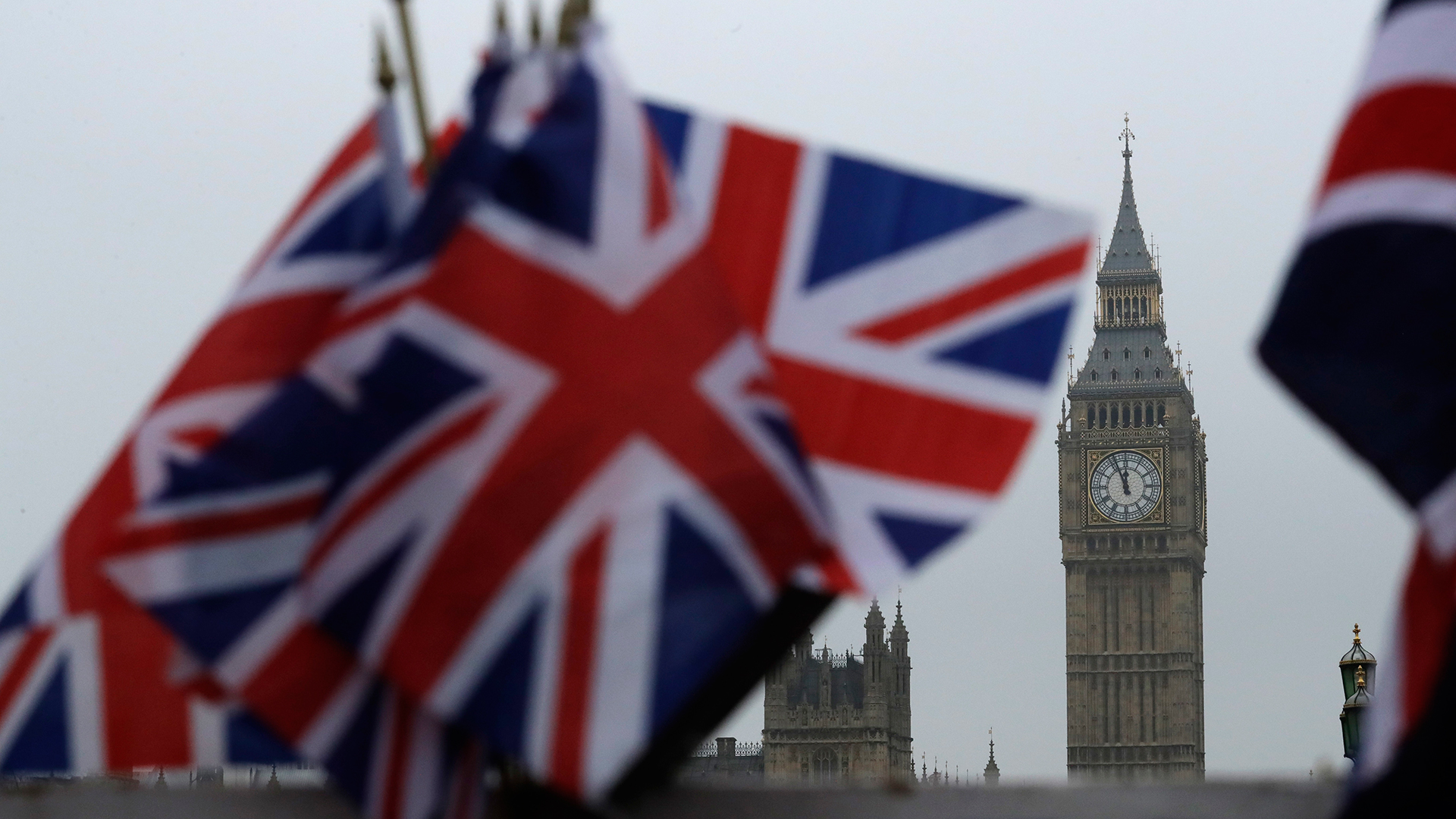

A group of 10 politicians is asking London’s transportation agency not to renew the license that allows Uber to operate in the British capital.
MPs from the Conservative, Labour, and Liberal Democrat parties sent a letter to Transport for London urging the agency not to renew Uber’s operator license when it expires at the end of the month, reports Business Insider. In the letter, MPs called Uber an “unfit and improper operator,” claiming it doesn’t do enough to ensure passenger safety. They accused Uber of failing to report sexual assaults of passengers by drivers, and claimed such incidents are an all-too-common occurrence.
“Police figures show that an allegation of rape or sexual assault is made against Uber drivers every 11 days and the Metropolitan Police have expressed concern that Uber is ‘allowing situations to develop that clearly affect the safety and security of the public’—not least by failing to report all alleged offenses to police so that they can be properly investigated,” the letter reads.
The MPs also accused Uber of underpaying its drivers (something we’ve heard before), claiming they make as little as two pounds ($2.65) an hour. They also claimed Uber avoids paying its fair share of U.K. taxes by having a headquarters in The Netherlands.
Speaking to Business Insider, an Uber spokesperson challenged most of the claims made in the letter. The spokesperson said average fares last year were “15 pounds ($19.85) after our service fee,” and said that “drivers who use Uber are licensed by Transport for London and have been through the same enhanced background checks” as the city’s taxi drivers.
“Our technology goes further to enhance safety with every trip tracked and recorded by GPS and we employ former Met Police officers who work closely with the police,” the spokesperson said regarding Uber’s passenger safety policies.
The London dispute mirrors debates over Uber and other ride-sharing services in other world cities. On the one hand, ride-sharing services tend to be more convenient and cheaper than taxis, and are especially important in cities without extensive public-transit systems. However, the tenuous relationship between ride-sharing companies and drivers has led to concerns over safety and fair pay, and howls from taxi operators who view loosely-regulated ride-sharing services as unfair competition.
As the world’s most high-profile ride-sharing service, Uber has been a lightning rod for this criticism. A seemingly never-ending array of scandals has also tarnished the company’s image, and increased doubt about whether it can operate responsibly.